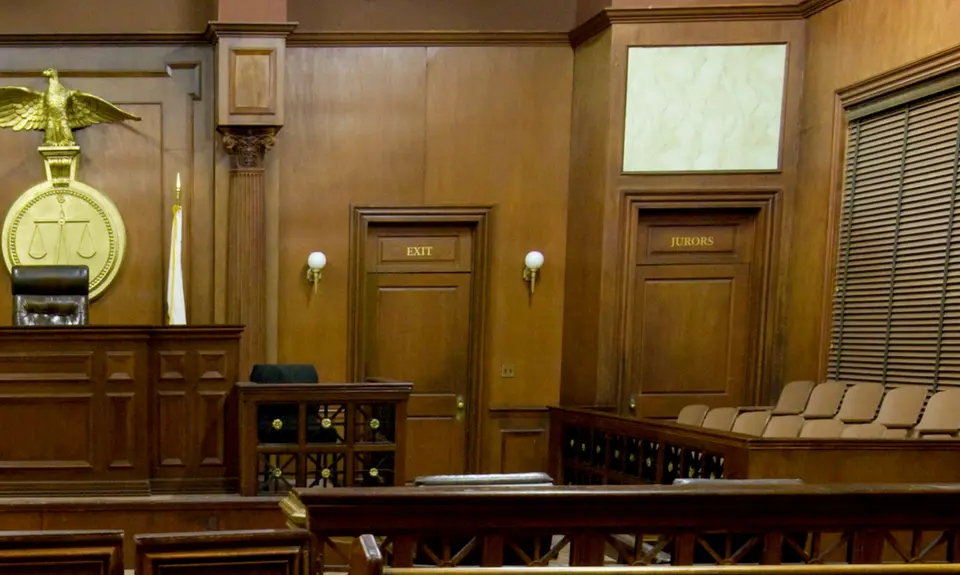“Confirmed Judges, Confirmed Fears” is a blog series documenting the harmful impact of President Trump’s judges on Americans’ rights and liberties. Cases in the series can be found by issue and by judge at this link.
Trump Ninth Circuit judge Ryan Nelson cast the deciding vote to affirm a Bureau of Immigration Appeals (BIA) decision to deny withholding of removal and deport an immigrant from El Salvador. The March 2020 decision was in Ceren v. Barr.
Hugo Hernandez Ceren came to the U.S. from El Salvador. Although he initially sought asylum and protection under the international Convention Against Torture, an immigration judge (IJ) denied those claims. Ceren did not contest them on appeal, but contended that he should have been eligible for withholding of removal or deportation and that the IJ erroneously refused to consider his claim due to his conviction of what she believed was a “particularly serious crime.” The BIA agreed with the IJ; Ceren appealed.
In a 2-1 unsigned ruling in which Nelson was the deciding vote, the Ninth Circuit affirmed. The majority claimed that the IJ had properly found that Ceren had committed a “particularly serious crime” as defined by federal immigration law because he was convicted of stalking, which carries a sentence of three years’ imprisonment. The majority also ruled that Ceren was “not prejudiced” by his attorney’s absence at a second hearing, and the IJ denied a continuance.
Judge Marsha Berzon strongly dissented. She pointed out that the IJ had improperly failed to consider the “type of sentence imposed” for Ceren’s original conviction: a suspended sentence in which he served one year in county jail and three years of probation. Precedent suggests, she noted, that this factor could very well have led to the conclusion that his conviction was not “particularly serious.” In addition, Berzon explained, the IJ had abused her discretion by denying Ceren’s request for a continuance so his attorney could appear. She had missed the hearing because she was ill, but nonetheless was expected to “finish her closing arguments and submit translated documents for consideration,” which she was unable to complete due to her illness. Finally, the postponement of the hearing would have been “for only a few weeks.” As Berzon went on, Ninth Circuit precedent is clear that “denial of counsel” at an immigration hearing “is serious enough to be reversible without a showing” of actual prejudice.
Berzon would have granted Ceren’s petition and sent the case back for reconsideration. But as a result of Nelson’s vote, Ceren was denied that opportunity to avoid deportation.
